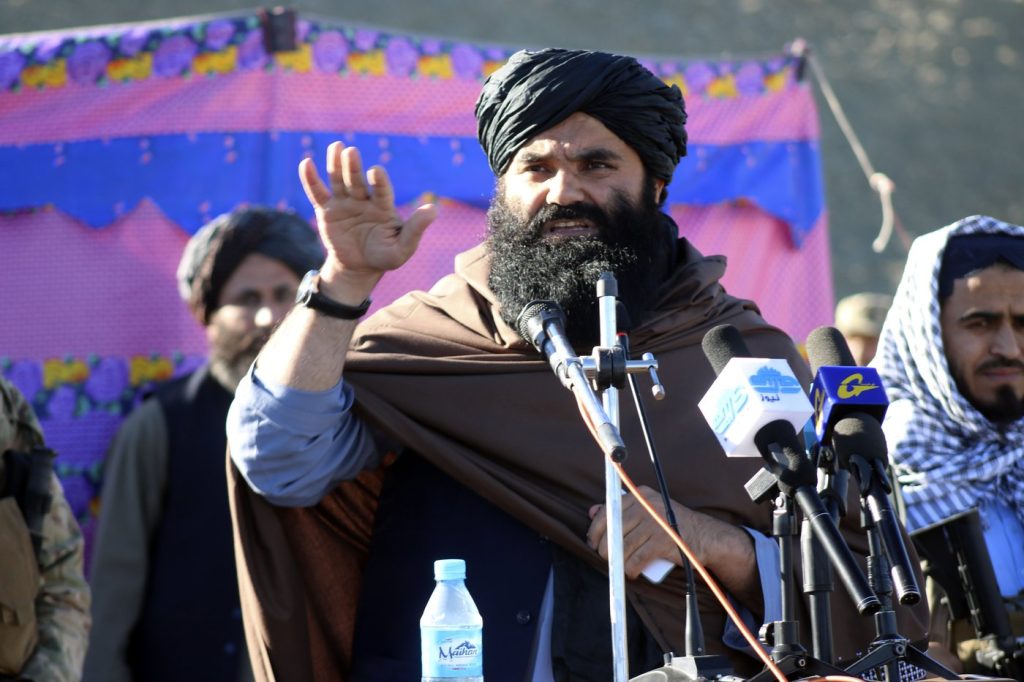The U.S. government has officially lifted bounties on three prominent Taliban figures: Sirajuddin Haqqani, Abdul Aziz Haqqani, and Yahya Haqqani. This decision, confirmed by officials in Kabul, marks a significant shift in U.S.-Taliban relations.
Sirajuddin Haqqani, currently serving as Afghanistan's Interior Minister, has been associated with a network notorious for devastating attacks against Afghanistan's previous Western-supported government. Notably, he acknowledged his role in orchestrating a January 2008 assault on the Serena Hotel in Kabul, which resulted in the deaths of six individuals, including U.S. citizen Thor David Hesla. Following the recent changes, he has been removed from the State Department's Rewards for Justice website, although the FBI's wanted poster for him remains active as of this past Sunday.
Abdul Mateen Qani, spokesperson for the Interior Ministry, confirmed the U.S. government revoked the bounties on these three individuals, all of whom are closely related—two brothers and a paternal cousin. The Haqqani network has evolved into one of the deadliest components of the Taliban since the U.S.-led invasion in 2001, employing methods such as roadside bombs and suicide bombings to target key locations including the U.S. and Indian embassies, the Afghan presidency, and more. Beyond their violent campaigns, they have also been linked to extortion, kidnapping, and various forms of organized crime.
Zakir Jalaly, a Foreign Ministry official, emphasized that the revocation of the bounties, coupled with the recent release of U.S. prisoner George Glezmann, highlights a mutual desire to transcend the lingering effects of wartime animosities. Jalaly framed these developments as steps towards constructive engagement between the U.S. and Afghanistan, suggesting a pragmatic shift in diplomatic relations.
In a similar vein, Shafi Azam, another official, hailed this milestone as the beginning of normalization in relations for the year 2025, bolstered by the Taliban's declaration of control over Afghanistan's embassy in Norway. Since the Taliban's resurgence in August 2021, countries like China have been at the forefront of accepting Taliban diplomats, with Qatar playing a vital role as a mediator between the U.S. and the Taliban. Notably, American envoys have also engaged in discussions with Taliban representatives.
Despite these diplomatic advances, the Taliban's governance, which includes controversial bans on women and girls, has drawn widespread condemnation and has contributed to their ongoing international isolation. Furthermore, Sirajuddin Haqqani has previously criticized the Taliban's leadership structure and their disconnect from the Afghan population, indicating internal dissent within the organization.
Haqqani's emerging status on the international stage contrasts sharply with that of the Taliban's elusive leader, Hibatullah Akhundzada, who is under scrutiny by the International Criminal Court for alleged human rights abuses against women. While the situation remains complex and fluid, the Taliban's move towards improved relations with the U.S. suggests significant geopolitical implications for Afghanistan and its international standing.










